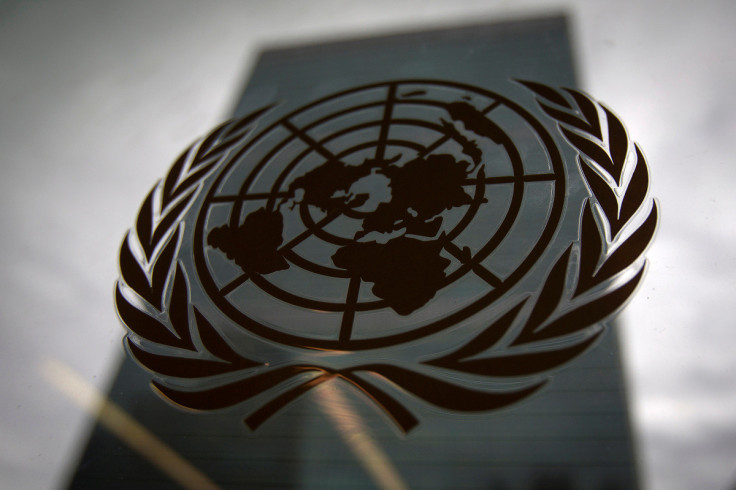UN Security Council to Discuss Brazilian Resolution of Humanitarian Ceasefire in Gaza
World leaders vetoed a draft of a resolution from Russia last Monday night which would have held a ceasefire against Israel's siege in Gaza.

World leaders will step into the discussion table once more to discuss a resolution drafted by Brazil to hold a temporary halt of Israel's siege of the Gaza Strip this Wednesday evening in New York at the United Nations Headquarters.
The draft from Brazil would be a more detailed version of a Russian proposal that the United Nations Security Council (UNSC) vetoed in a meeting at the UN HQ last Monday evening.
The initial draft from Russia proposes a humanitarian ceasefire between the Israel-Palestine conflict, as well as providing immediate aid access to victims of the conflict, the release of all hostages and safe evacuation for all civilians.
The UNSC said that a lack of condemnation of the assaults made the Palestinian militant group Hamas since October 7 in the Jewish settler state led to the failure of the adoption of the resolution.
A notable change of text from the Brazilian drafted document from the Russian version would suggest humanitarian pauses of the siege instead of a ceasefire.
The fallout of the discussion
For the UNSC to successfully adopt the said resolution, the document should secure nine votes out of 15 in favour of it.
The original Russian version secured only five votes coming from Russia, UAE, China, Mozambique and Gabon. Countries that abstained from voting were Albania, Brazil, Ecuador, Ghana, Malta and Switzerland. France, Japan, the United Kingdom and the United States voted against the adoption.
Permanent Representative of Russia to the UN Vassily Nebenzia expressed strong disappointment over the failure to adopt the resolution. Nebenzia claimed that the "selfish intention of the Western bloc" reflects the Council's inability to resolve the historical conflict.
Ambassador Nebenzia also said that blocking the resolution's adoption is "for purely selfish and political interests". Nebenzia also said that countries which voted for the adoption revealed intentions that wanted to end the violence in the Gaza Strip.
Meanwhile, Permanent Representative of the US Linda Thomas-Greenfield remains firm with the US' stand in the conflict. Ambassador Thomas-Greenfield stressed that the US cannot support a resolution from Russia that fails to condemn the horrific attacks made by Hamas.
She further said that the resolution is a cover that Russia provides for Hamas to conduct operations. She said: "We cannot allow this Council to unfairly shift the blame to Israel and excuse Hamas for its decades of cruelty."
Ambassador Thomas-Greenfield previously condemned Hamas for killing civilians and taking American hostages during the growing tensions between Israel and Palestine.
Representatives from Israel and Palestine respond
Permanent Observer of the Observer State of Palestine to the UN Riyad Mansour urged the Council to recognise the plight of Palestinians during the conflict as well as the IDF's levelling of the Gaza Strip.
He said: "Do not send the signals that Palestinian lives do not matter. Do not dare say Israel is not responsible for the bombs it is dropping on their heads," noting that Israel's actions reflect a full-scale assault against innocent civilians and not a defence.
Permanent Representative of Israel to the UN Gilad Erdan praised the Council's deliberation. He says that their decision to designate Hamas as a terrorist organisation and that the developments "will tell humanity if its very existence holds legitimacy".
Among other notes, Ambassador Erdan also called on the Council to recognise Hamas as an entity that is "no different than the Nazis" when it comes to ideology. He also wants the Council to acknowledge Israel's right to defend itself.





